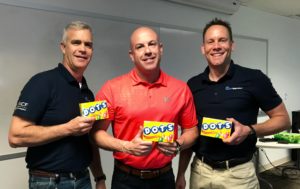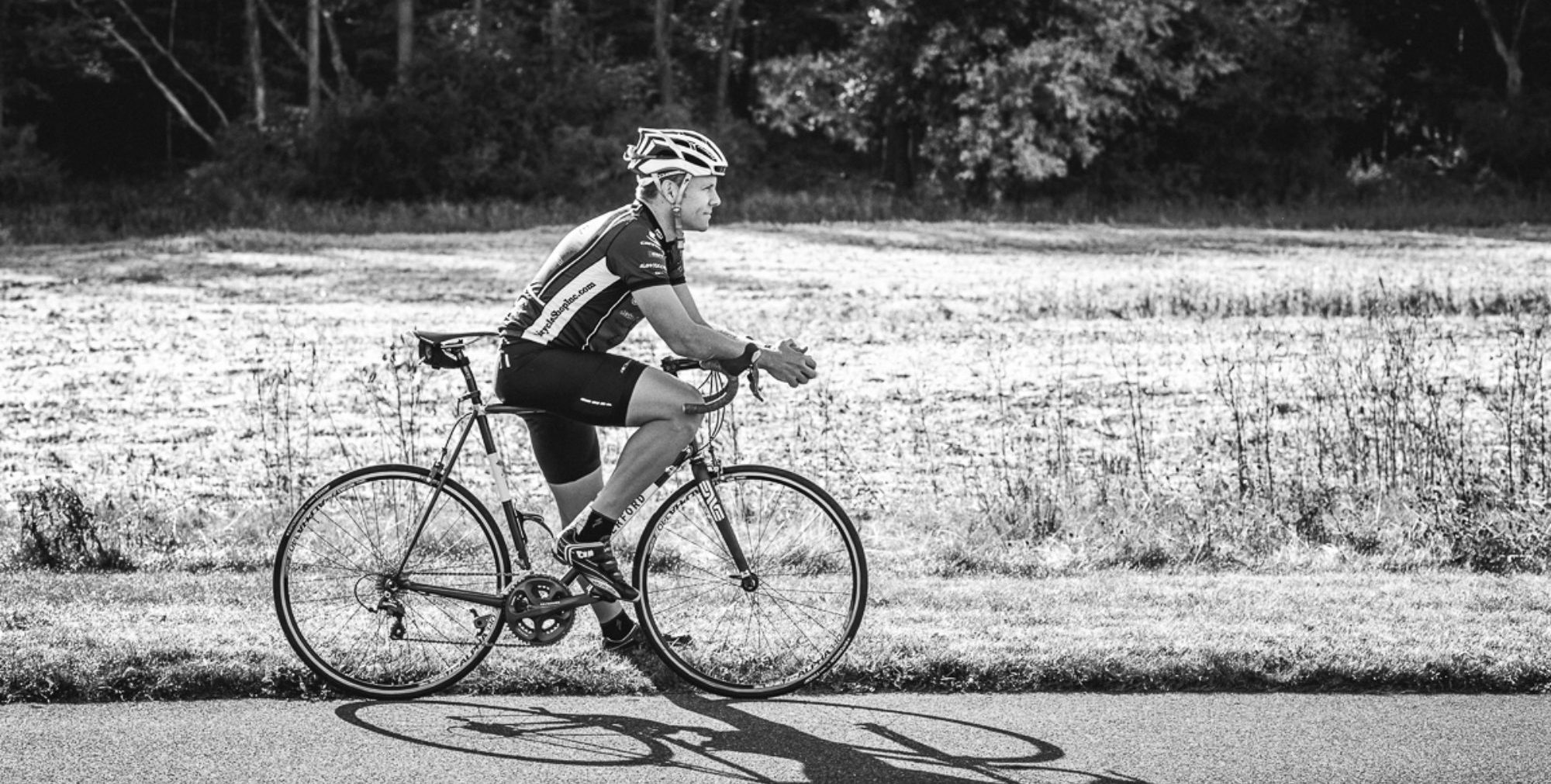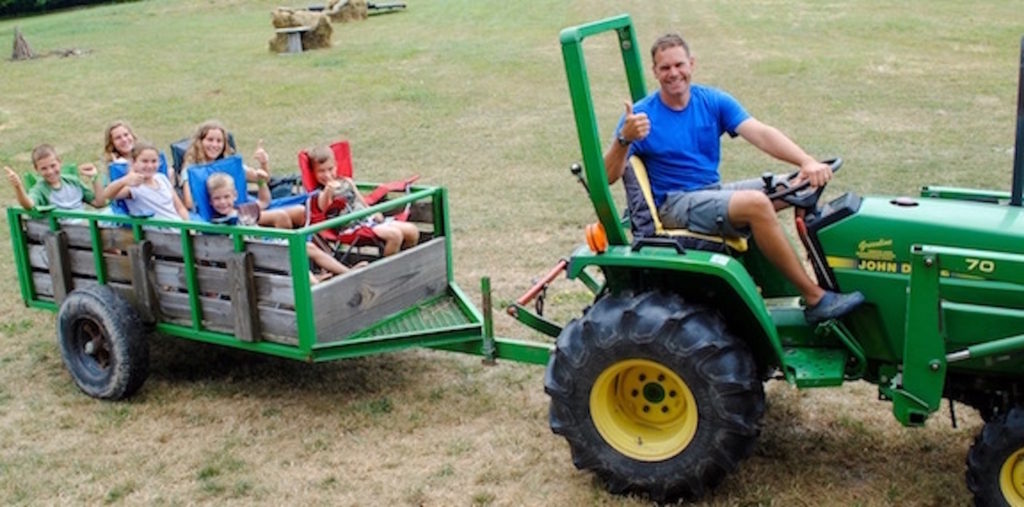I’ve never spent a dime at the racetrack but I’ve lost millions on racehorses. Over the last twenty five years I’ve thrown money at over a thousand of ‘em, and fewer than 20% have brought a positive return. Fewer than 2% have truly hit the big time, and it’s those 2% that have more than covered the funds squandered on the other 98%. Some years I’ve gotten ahead, some years I’ve lost my shirt, and damn near every year this roller coaster ride puts my stomach in knots.
On what type of racehorse do I habitually gamble? Salespeople. Yes, a smattering of engineers, operations, management, and other roles but it’s the salesperson on whom I’ve most often rolled the dice.
Sales in a tricky business. There’s no formal degree associated with it so anyone is technically “qualified” to give it a try. Past success does not guarantee future success. Prior experience, technical expertise, or deep product knowledge is a curse as often as it’s a blessing. And the #1 wild card: Almost anyone is capable of pulling off a decent enough job interview to convince me they might have what it takes.
I’ve hired MBA’s, Ivy League honors students, military heroes, star athletes, and business owners who’ve failed miserably. Conversely, I’ve gambled on convicts, illegal immigrants, high school dropouts, and strippers who’ve crushed their numbers and earned more than any of the aforementioned superstars. To date, my educated guesses have netted roughly the same results as a blindfolded monkey tossing darts at a wall of resumes.
Two and a half decades of doing this and I still can’t seem to crack the code. Sound familiar?
Last week I attended a workshop in Texas with Michael Hall from Culture Index, a brilliant entrepreneur and facilitator who brings to job recruiting the same Moneyball data analytics that Billy Bean brought to Major League baseball. In six minutes his system measures one’s profile and tells you whether the job available is a good match for the applicant. There are tons of screening tools that make similar claims but without going into all the details I can tell you Michael and his system impress me the most, and our company is partnering with him for all current and prospective employees.
Will Michael deliver my company a perfect gambling record? Of course not. But if he doubles our hit rate from 2% to 4% of the racehorses we hire, the upside to us and our customers is extraordinary.
My favorite thing about Michael and his company is how we came across it. Wasn’t a magazine article or a sales call or a Google search or a TV show but rather a customer. While many companies engage in us vs. them, beat-them-down-‘til-they-relinquish-ever-penny-of-profit vendor negotiations, this customer continually looks for ways to offer value to my team and me. In this case, they generously extended an invitation to my company to join their executive team for Michael’s workshop.
This company knows what you may have forgotten:
Earning the best service, the fastest delivery, and the lowest price comes from offering value and friendship to the same “adversaries” most negotiators are trained to ravage.
In a way, this special customer has done for me what only 2% of sales racehorses ever learn to do for themselves: They listened to my needs (in this case, how to effectively recruit into our fast growing company the best people) and offered me a solution, even though my need is not directly related to their products/services and immediate profits. At a time this company could have just kept its head down, focused entirely on its own recruiting needs, and called me only when they needed something or wanted a lower price, they thought beyond themselves and offered me insight into how to improve my business.
Does your company have a team of razor-toothed Procurement Officers responsible for negotiating the best service and lowest price from your vendors? If so, here’s a list of questions I challenge you to ask them:
- What are our vendors’ top barriers to success?
- How are we earning loyalty from our top vendors in a way that makes them excited to do business with us?
- What’s something low cost yet high value we can implement, like a talent recruiting workshop, that will help us and our vendors?
Think back to the last time you were in the “dominant” buyer position. Whether you were shopping for a new multi-million dollar software system, a car, or a pair of shoes, how did you treat the salesperson? How much respect did you offer and to what extent were you focused on helping them? I know it’s counterintuitive but believe me, after all these years on the vendor side I promise that your flash of genuine interest, friendliness, or spirit of service will earn you better treatment and price than anything you’ll learn in a coercive negotiation seminar.
Want proof?
While my average customer sees a 300% ROI on its investment with our company (good), the customer that included my team in their recruiting workshop is approaching 1,000% ROI (mind blowing).
Thank you, Buddy, Jamie, and the rest of team FTSI for your generous partnership. You guys are the pinnacle of elite racehorses, and my company and I are all in on any bet that includes you.


